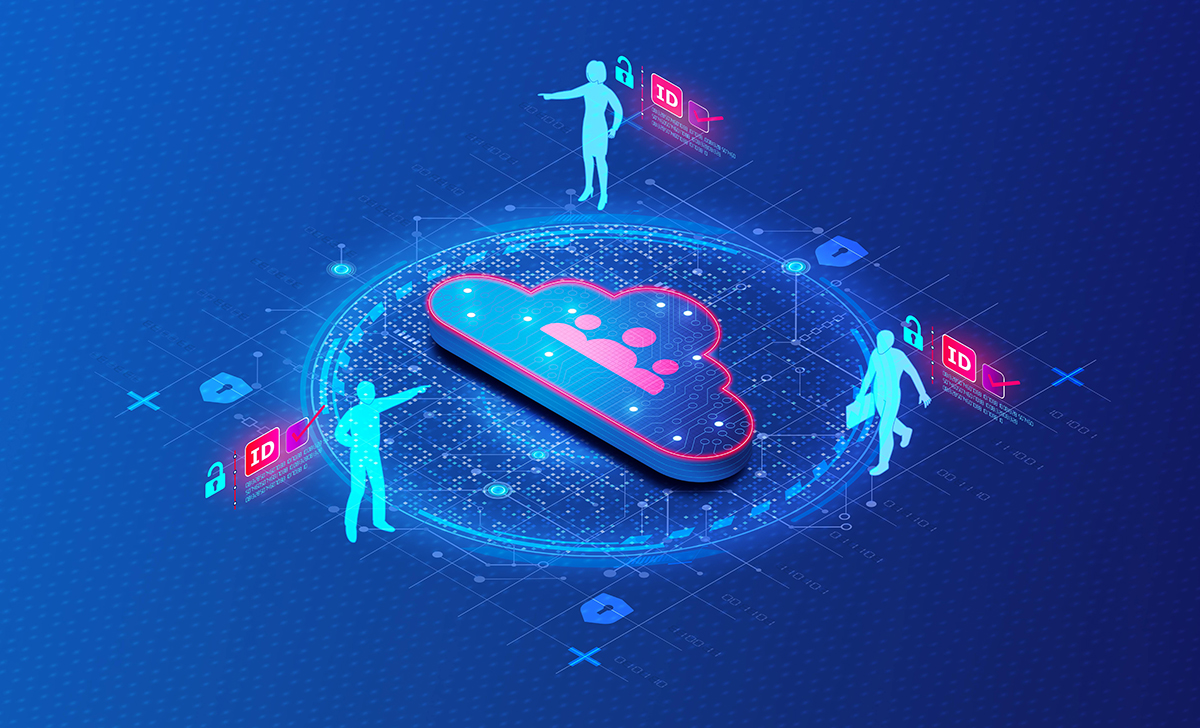
5 Essential Data Engineering Trends for 2021 and beyond.

Data has been in the driver seat of businesses in the present business landscape. Once gathered, data is analyzed and studied to make meaningful decisions by companies around the world. In 2020, the Pandemic disrupted both operations and revenues substantially and shifting the whole value chain to make it locationally independent was the solution. This has resulted in companies shifting to the digital and cloud platforms for its continued existence. This also means a rapid technology shift to support the cloud version of the business. Companies adopting to move to the cloud at a slower pace are challenged in their business transformation and demand generation.
The demand for Data Engineers has seen a rapid increase in the past few years. The evolution of data engineering in the current scenario is expected and has great implications for the future. This trend is led by data-driven companies that will lay the groundwork for tomorrow’s data landscape. At the heart of the matter, great data would need great Data Engineering to back it up. That makes the Data Engineer a very relevant and lucrative role for the future.
Also read:- Cloud data warehouse and its benefits for organizations
Here we look at the 5 essential Data Engineering trends you should watch out for in 2021:
-
- Switch to the cloud-integrated data and analytics.
Data is involved in every aspect of our lives right from sports to business with the cloud being the preferred storage. If anything, the pandemic has taught us that adopting cloud is the future of managing data and analytics. The possibilities offered by hybrid cloud and distributed computing have reinvented business models making companies more data-driven and flexible on a cloud platform. Platforms like AWS, Google Anthos, and Microsoft Azure bring unique flexibility that enables you to run services like Kubernetes clusters anywhere. In essence, companies are not forced to make changes rather; they are better equipped with technology to reinvent processes of excellent engineering. Thus, cloud-integrated data and analytics can transform business ideologies with technology best suited for the purpose.
-
- Data engineering roles will be on the rise in 2021.
As data plays a more prominent role, we have seen the rise of many unconventional roles in an organization. The primary reason for this being the overwhelming need for data collection, modelling, behavior, and analysis. Data engineers play a major role in making sure that programs like AI utilizes the data and make intelligent decisions consistently. Also, newer roles like Chief Data Officer represent a departure from the traditional organizational setup. Within an organization, the role of Data engineers is evolving as they utilize points of data from finance, marketing, engineering, operations, and many other departments. The next generation of data engineers will play a pivotal role as IoT, cloud analytics, and newer technologies gets widely adopted.
-
- Real-time analytics will drive the future.
In a dynamic market landscape, efficiency and agility will be huge differentiators between success and failure. Covid 19 pandemic has left no stones unturned in terms of disruption in business models. Agile companies constantly break down data so that it can be analyzed in real-time to make faster decisions. Technologies such as AI are widely utilized to produce instant insights that can be cardinal to decision-making. For instance, Tesla utilizes unsupervised machine learning programs that analyze data from sensors and cameras to provide a self-driving car experience. Behind this autopilot, a ton of data is crunched in real-time to predict and provide an accurate response to different scenarios on the road.
-
- Improved customer experience with Data Engineering
Data engineering will play a crucial role in both user experience and customer experience to transform business outcomes going forward. The goal is to make a seamless experience where all the pieces intersect, from customers to technology to users and employees. Businesses will strive to provide a customer-centric approach with rich interaction between the company and the customer. Some examples are IBM cloud computing helps its users make sense of the data with an AI-powered analytics experience. Programs like NLP attempts to understand and make meaningful sense out of unstructured data. Google uses NLP for their Google Translate with machine translation while Amazon’s Alexa understands and responds to your question with Speech recognition.
Also read:- The Value of Conducting a Customer Experience Audit
-
- Consistent Growth of Customer Data Platform (CDP)
‘It is predicted that the customer data platform market will be worth $10.3 billion by 2025’. Factoring in the biggest global disruption that we have ever seen; this prediction remains a reality. CDP has seen no dip or faced any disruption, as it continues its growth journey with momentum. Businesses utilize CDPs as they help pull fragmented data to one centralized location from multiple locations intelligently and efficiently. CDP is used in a variety of industries and has seen a rise in demand due to customer expectations of a tailor-made unique experience. They also have an advantage as they are cheaper, flexible, and scalable data storage solutions compared to traditional warehousing solutions. They also provide a superior analytics capacity and help organizations learn about their customers more than ever.
Apexon is a Global leader in Data Engineering Solutions helping organizations tap into the value of their data and make informed decisions. To know more, visit: Apexon.com




